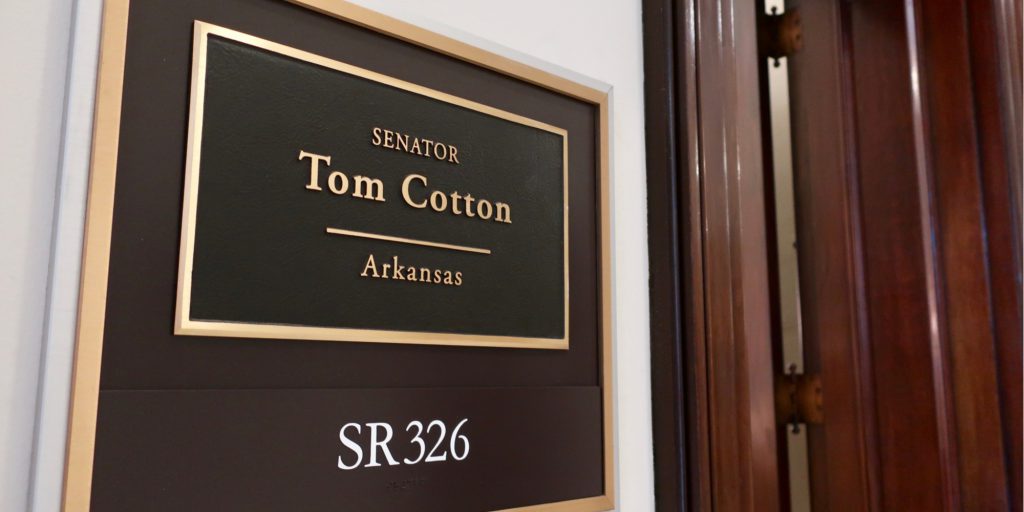
Published January 4, 2021
Many conservatives are genuinely torn over proposals to challenge the electoral college vote on Wednesday. Sen. Tom Cotton’s (R-Ark.) statement Sunday night explaining why he will oppose such challenges is an excellent explanation of why they are a bad idea.
Cotton recognizes that there are concerns with how the election was conducted in some states. Rather than support using those issues to overturn the election results, however, Cotton proposes a commission that would study the election and propose voting reforms. That’s akin to the course Congress took after the disputed 2000 presidential election, when concerns over how archaic voting technology arguably cost Al Gore the presidency led to the passage of the bipartisan Help America Vote Act. Pursuing something like this now would be an entirely proper way to resolve legitimate concerns about ballot access and security.
Cotton’s rationale for opposing the challenges is telling and persuasive. He correctly notes that “under the Constitution and federal law, Congress’s power is limited to counting electoral votes submitted by the states.” Federal law since 1887 has set out a clear method for providing clarity with regard to when the winner of a state’s electoral votes is presumed legitimately decided, and that method does not involve Congress other than its role in deciding a clear dispute that arises within a state. That has not happened here: There are not competing slates of electors in any state that have been appointed or certified by any agency of any state. Without such a state-originated challenge, there is no dispute over which Congress has legitimate jurisdiction.
Click here to read the rest of this piece at the Washington Post’s website.
Henry Olsen is a senior fellow at the Ethics and Public Policy Center.




